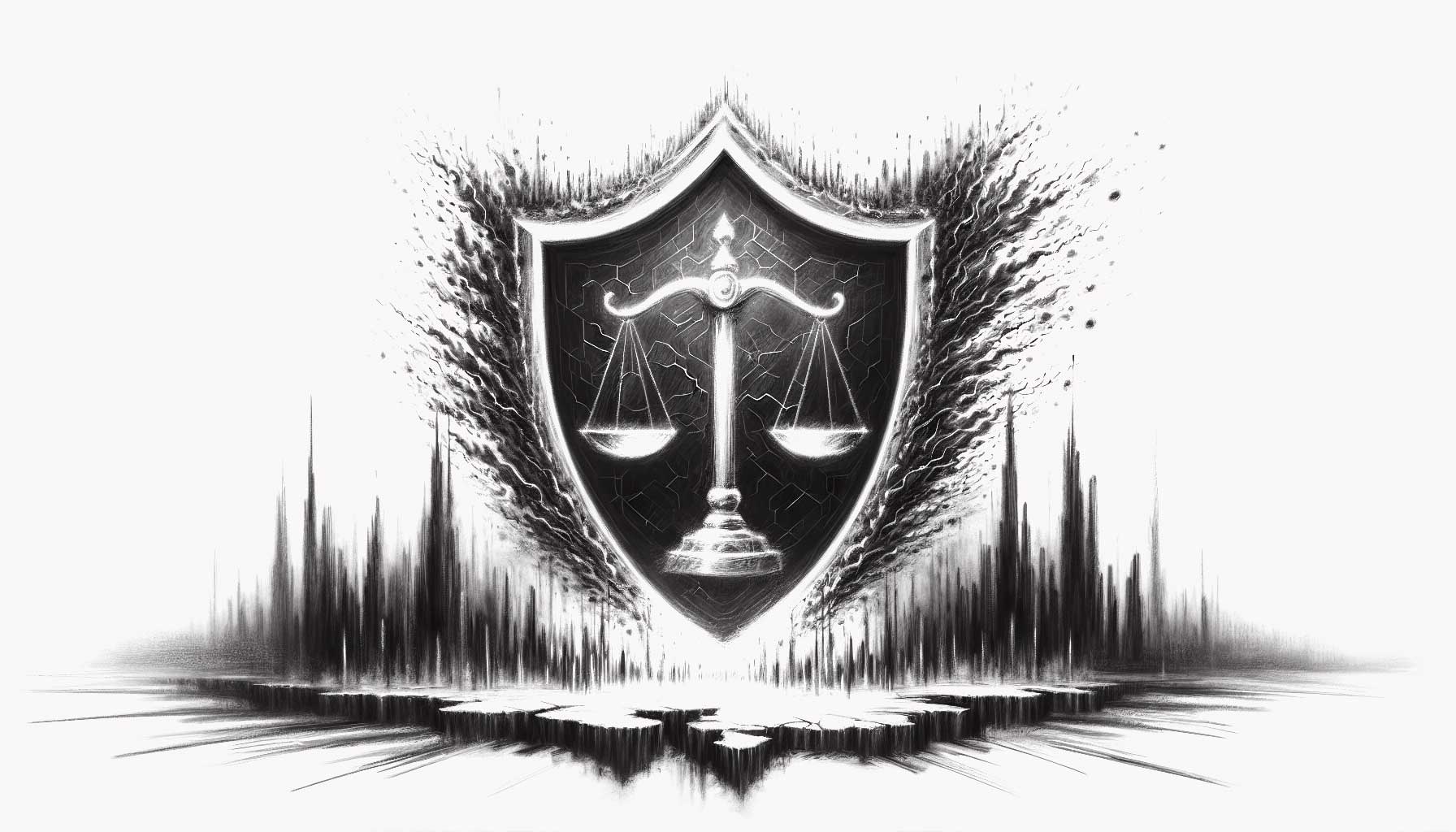The importance of data privacy certifications in LegalTech
An analysis of how artificial intelligence is transforming legal strategy and decision-making processes in modern law firms.
Every week brings news of another major data breach, and for law firms, these stories strike at the heart of client trust. Your clients share their most sensitive information with you - trade secrets, personal details, confidential strategies - with the expectation that you'll protect it at all costs.
Most businesses can get by with “standard” security measures. Software companies often tout their "bank-grade security" - which is a solid foundation. But law firms face unique challenges. Beyond just keeping data safe, you have specific ethical duties and regulatory requirements for protecting client information that go well beyond typical security protocols .
One security mistake can wreck a law firm. Beyond just bad publicity, it can destroy client trust, expose privileged information, and lead to serious legal trouble. Fortunately, established frameworks like SOC 2 Type 2 and HIPAA compliance create clear standards for protecting sensitive data. These certifications demonstrate a vendor's commitment to maintaining rigorous, verified security protocols .
Look for standards that directly address legal industry needs. SOC 2 Type 2 certification ensures continuous monitoring of security controls. HIPAA compliance protects health-related information that appears in many legal cases. Understanding these standards helps you select technology partners who understand and support your professional obligations.
Understanding legal technology security requirements
The legal profession faces unique cybersecurity challenges that general data protection measures can't fully address. The American Bar Association's Model Rule 1.6(c) requires lawyers to make "reasonable efforts" to prevent unauthorized access to client information.
The SOC 2 Type 2 standard: your first line of defense
SOC 2 Type 2 certification, developed by the American Institute of CPAs (AICPA), provides a comprehensive framework for managing sensitive data. This certification evaluates five critical Trust Services Criteria:
Security of systems against unauthorized access
Availability of systems for operation
Processing integrity of systems
Confidentiality of information
Privacy of personal information
What sets SOC 2 Type 2 apart is its requirement for continuous monitoring and annual audits. This ensures your legal tech vendor maintains consistent security controls over time, not just during initial certification.
HIPAA compliance: beyond healthcare cases
While HIPAA is traditionally associated with healthcare, its importance extends throughout legal practice. Many cases involve protected health information (PHI), making HIPAA compliance crucial for legal tech vendors. The U.S. Department of Health and Human Services mandates specific safeguards for electronic PHI. Medical records are often crucial evidence in personal injury, medical malpractice, workers compensation and disability claims cases, but often show up in criminal cases, insurance claims, divorce, child custody and adoption cases. Additionally, the Federal Trade Commission provides guidelines for data security, including state-specific requirements like the California Consumer Privacy Act (CCPA).
Evaluating your tech stack
When assessing legal technology providers, consider these key factors:
Certification Status: Verify current SOC 2 Type 2 and relevant HIPAA certifications
Data Encryption: Ensure both data in transit and at rest are protected
Access Controls: Look for robust user authentication and authorization systems
Compliance Updates: Check how the vendor stays current with evolving privacy laws
Incident Response: Review their breach notification and response procedures
The cost of inadequate security
The ABA's 2023 Legal Technology Survey Report reveals an increasing trend in cybersecurity incidents targeting law firms. Small firms are particularly vulnerable to cyber threats, and data breaches can result in:
Ethical violations
Malpractice claims
Loss of client trust
Regulatory penalties
Reputational damage
Moving forward
Protecting client data requires more than just checking boxes. It demands a comprehensive approach to security that starts with choosing the right technology partners. By prioritizing vendors with proper certifications and security measures, you're not just protecting sensitive information – you're upholding your professional obligations and building a foundation for client trust.
Remember, unauthorized access to legal documents and client data isn't just a technical problem – it's a threat to the core of legal professional privilege. As cyber threats evolve, your security measures must too. Regular evaluation of your tech stack's security credentials isn't optional – it's essential for modern legal practice. CaseMark is committed to continually improving our data privacy and security. We post a real-time status page that keeps us accountable to SLAs. Our Trust Center lists our real-time compliance with over 60 IT controls. We also provide access to industry standard security questionnaires.





